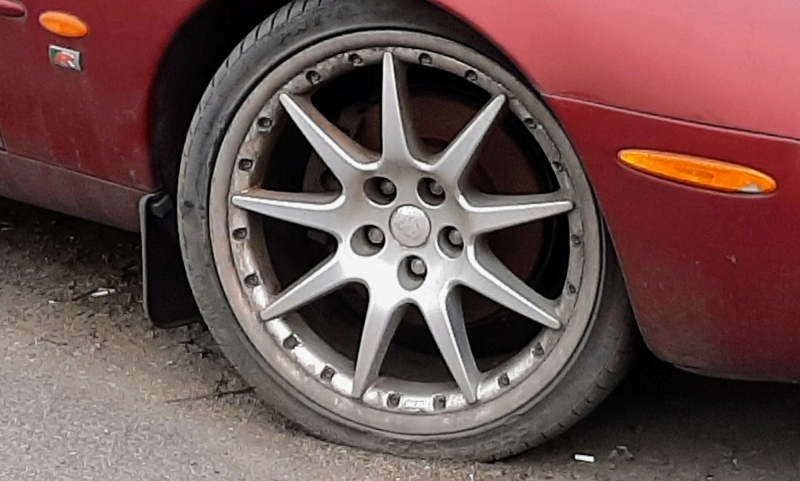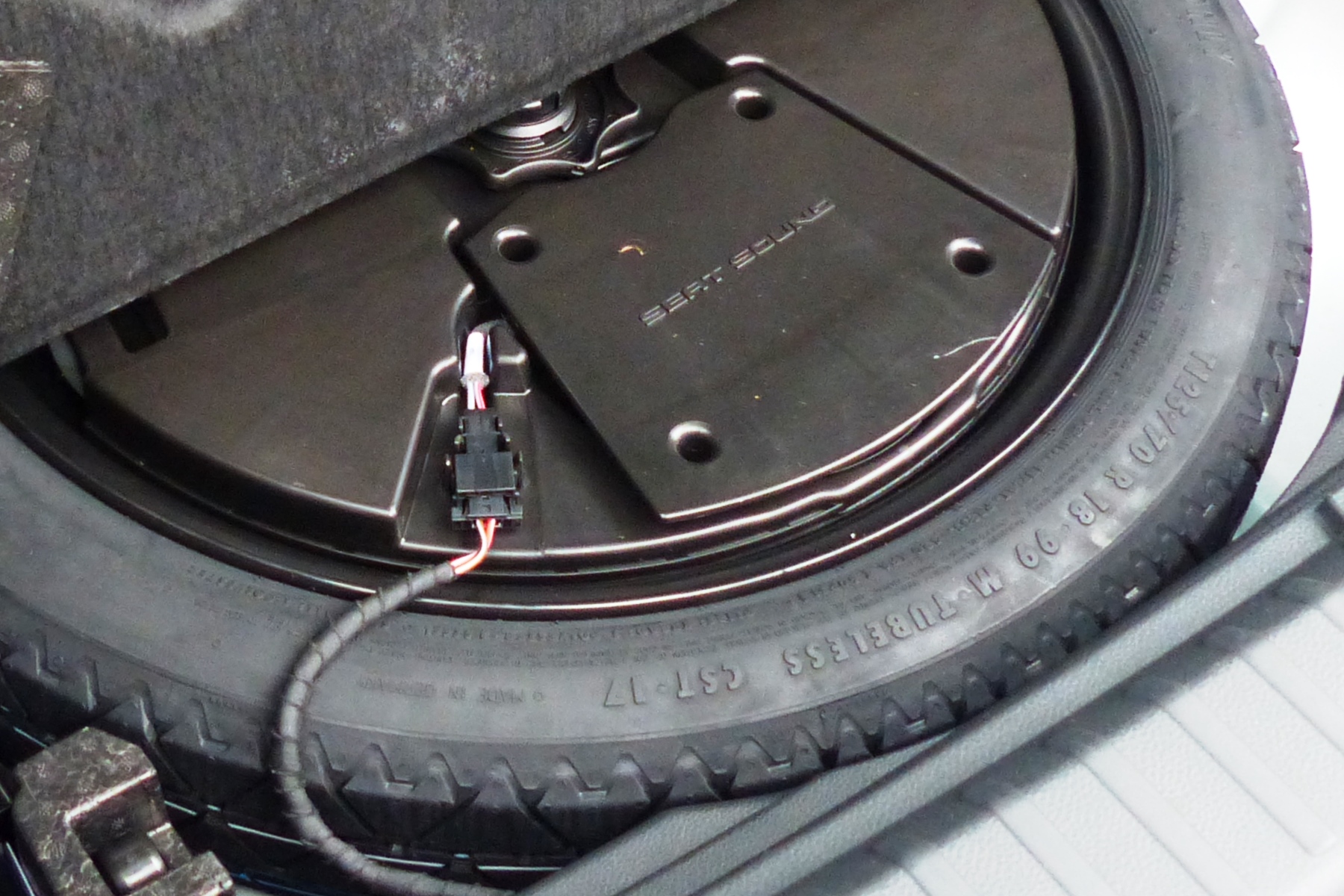The trend means there are an increasing number of breakdowns where drivers need help in the event of a unrepairable flat tyre.
The dramatic decline of the spare wheel has had a stark effect on RAC breakdown call-out volumes with patrols going out to nearly 200,000 jobs last year where drivers experienced a puncture but found they had no spare wheel (up from around 165,000 in 2018).
And the situation is not going to change with the advent of electric vehicles either, with cars needing to use the space that in some cases was once the home of the humble spare wheel to accommodate battery packs.
Spare wheels have increasingly fallen out of favour with car manufacturers as tougher legislation demanded that they do all they can to reduce emissions.
With a spare wheel easily adding up to 20kg to the overall weight of a vehicle, removing them from the standard list of equipment supplied with a new car has been an easy change for manufacturers to make to increase fuel efficiency.
“Getting a puncture on a journey has to be one of the most irritating breakdowns for drivers, especially if it’s as a result of hitting one of the plethora of potholes that currently characterise so many of our roads,” said RAC Breakdown spokesman Rod Dennis.
“In the past, a driver could have reached for the spare wheel in the boot but this new analysis shows that these are now pretty much a thing of the past, with a minuscule number of new cars sold in the UK coming with one as standard.
“Interestingly, in many cases drivers ordering a new car can still buy a spare wheel – whether that’s a full-size one or the more common lightweight ‘space saver’ type – as an optional extra. This might turn out to be a wise investment if you are one of the many drivers who unfortunately suffers a puncture.”
 Automotive Blog Automotive Blog brings you the latest news, car reviews and information on the automotive industry.
Automotive Blog Automotive Blog brings you the latest news, car reviews and information on the automotive industry.





